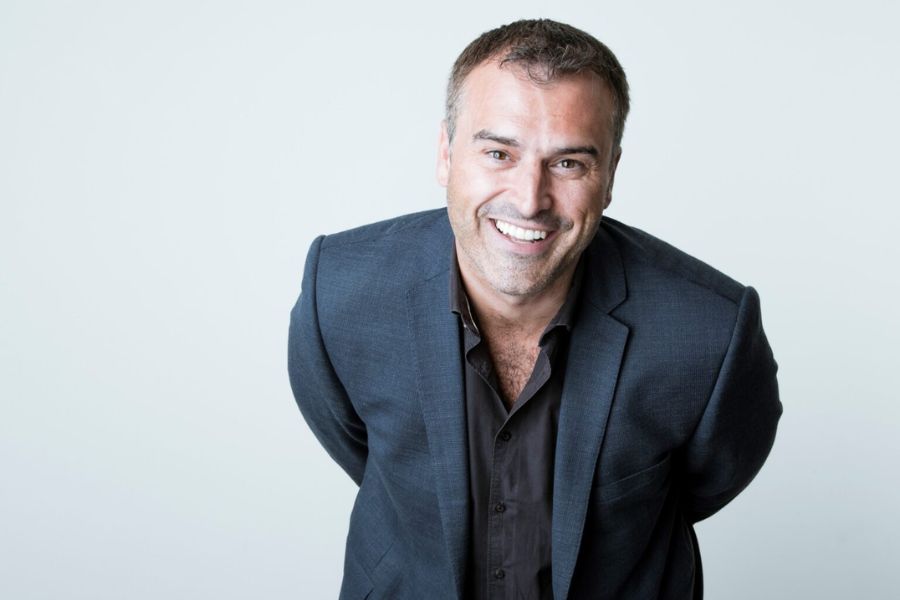At the Festival of European Creativity in Antwerp from 1-3 December, I have the privileged task of being Chair of the EuroBest judging panel. My role permits me a fascinating insight into hundreds of campaign entrants.
Many, I'm sure, will demonstrate a core focus on the three pillars that WPP's Sir Martin Sorrell recently told analysts are deciding the majority of media pitches – namely technology, data and content. Sorrell observed that it's in these three core areas that clients are currently discriminating between agencies to award pitch-wins.
At Havas, we are data driven and content fuelled so naturally we would agree. My growing concern however is that by solely focusing on data and content, you run the risk of losing the long-term perspective.
Some brands seem to think that as long as they have data, they are able to respond quicker, be more agile and hit real-time objectives. It's true, especially with programmatic. But is that enough? And does it mean strategy making is facing extinction and strategy officers are, as a result, a dying breed?
What brands too often forget is without a long-term strategy to forge more meaningful connections between the brand and its audience, the short-term objectives will never get prioritised, never grow into real behavioural insights and ultimately, do little to develop true brand longevity and even damage long-term results.
Every company that replaces the role of its chief strategy officer with a chief experience or engagement officer is sacrificing the long-term view for perceived short-term digital gains. Yes, enriching the connection between people and brands is a must but should this really be the major KPI? Isn't it better to be judged on the long-term brand success rather than disposable short-term fixes?
It's true that data allows us to be more efficient and real-time technology allows us to be more effective in our targeting but the objectives differ – to entertain, engage, educate, or sell. Strategy is knowing how these objectives fit into the overall brand experience, while understanding which should be prioritised for different media, different demographics and for varying times. If we forget these basic rules, if we forget that behind the data are real people, we won't be able to address them with the right content. And content is as important as data.
Take Pepsi's decision a few years back to forego its usual Super Bowl ad in favour of a digital campaign as an example. The campaign was devised by the brand's chief consumer engagement officer (enough said!) and accomplished everything a digital campaign should – millions of Facebook likes, thousands of new Twitter followers.
But it didn't sell Pepsi. In fact, over the course of the year, the brand lost about 5 per cent of its market share. The data may have allowed Pepsi to target advocates along with a demographic who was happy to engage with the brand's content, but there was no connection to the long-term sales and global exposure strategy that makes both Coke, Pepsi and a host of other brands the dominant forces they are today.
Part of a successful brand's strategy is to find ways of reaching people who are not advocates nor the target market but may be predisposed to buying at some point in the future. In this sense, there's value in targeting via data but there's also great value in media now considered more wasteful such as TV. The strategic part is knowing how they tie together. It's even more important when today, the landscape is a mix of owned, earned, shared and paid media. We need a long-term narrative to make each part of the story as it unfolds and ties together. Then we need data and technology as the enabler but it needs to happen in that order.
This is the role of the chief strategy officer. We are the storytellers, pulling together different chapters that can sell, convince, educate, increase awareness and create narratives for all the other objectives that will serve the long-term meaningfulness of a brand and its relationship with audiences.
I look forward to assessing the EuroBest entries as it gives me the opportunity to cast a critical eye over the work of the wider media industry. I just hope that in among the stories of data and content, there's evidence of the strategic vision to link both and that this will matter more than the number of likes or followers. It's vital for brand longevity in our real-time world.
(Anne-Cécile Michaud is the global chief strategy officer at Havas Media Group. This article first appeared on Campaignlive.co.uk)




